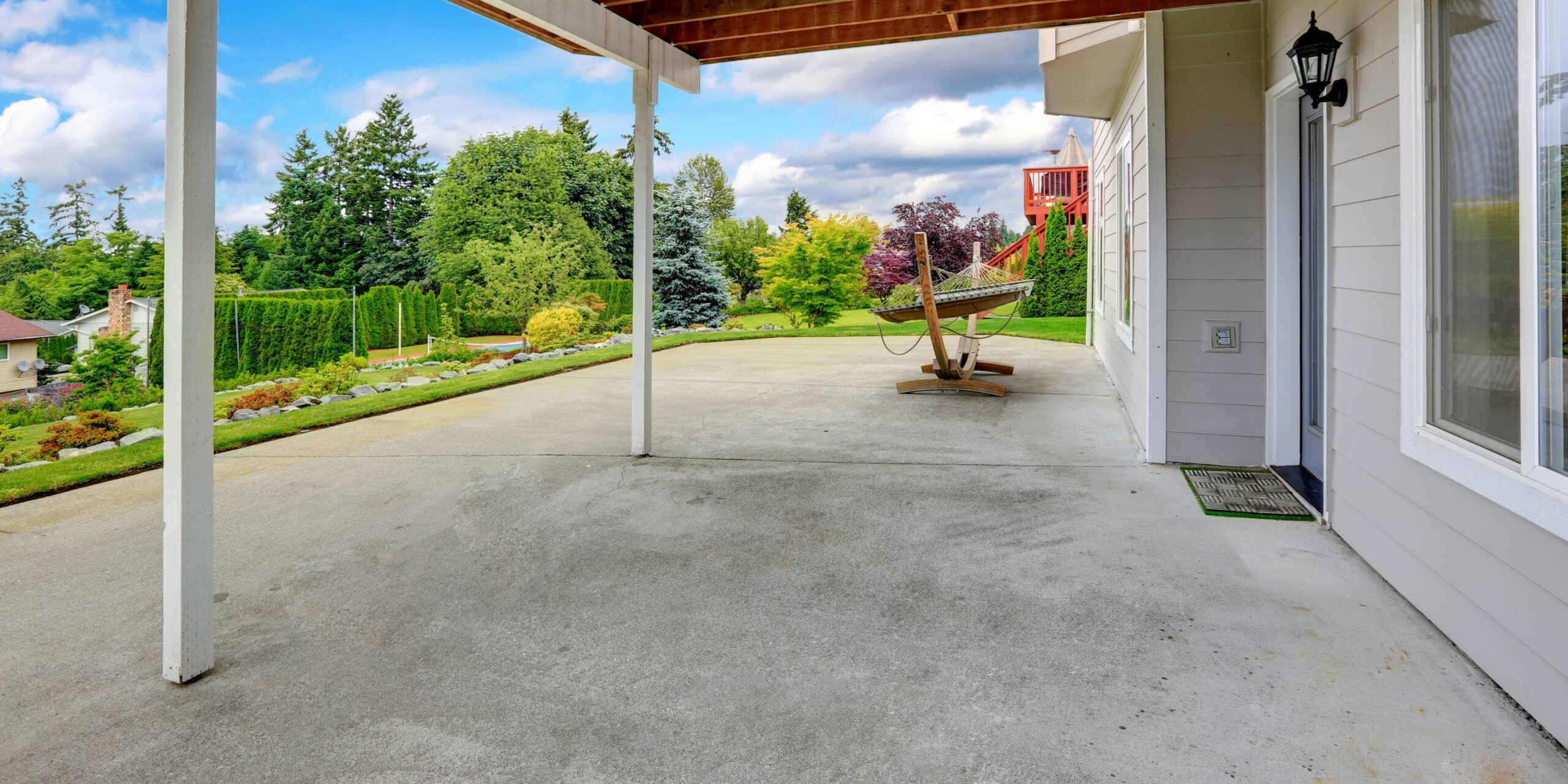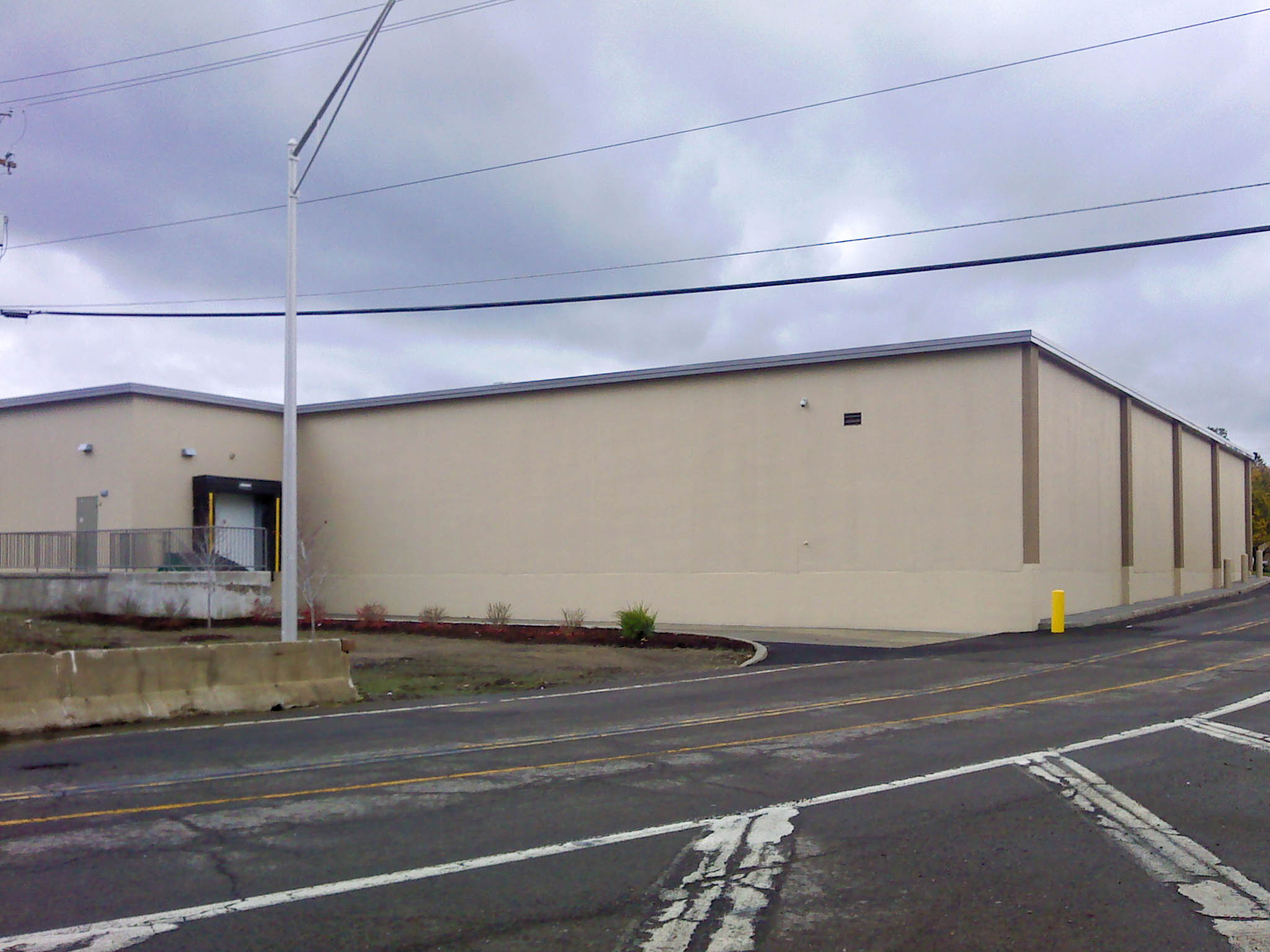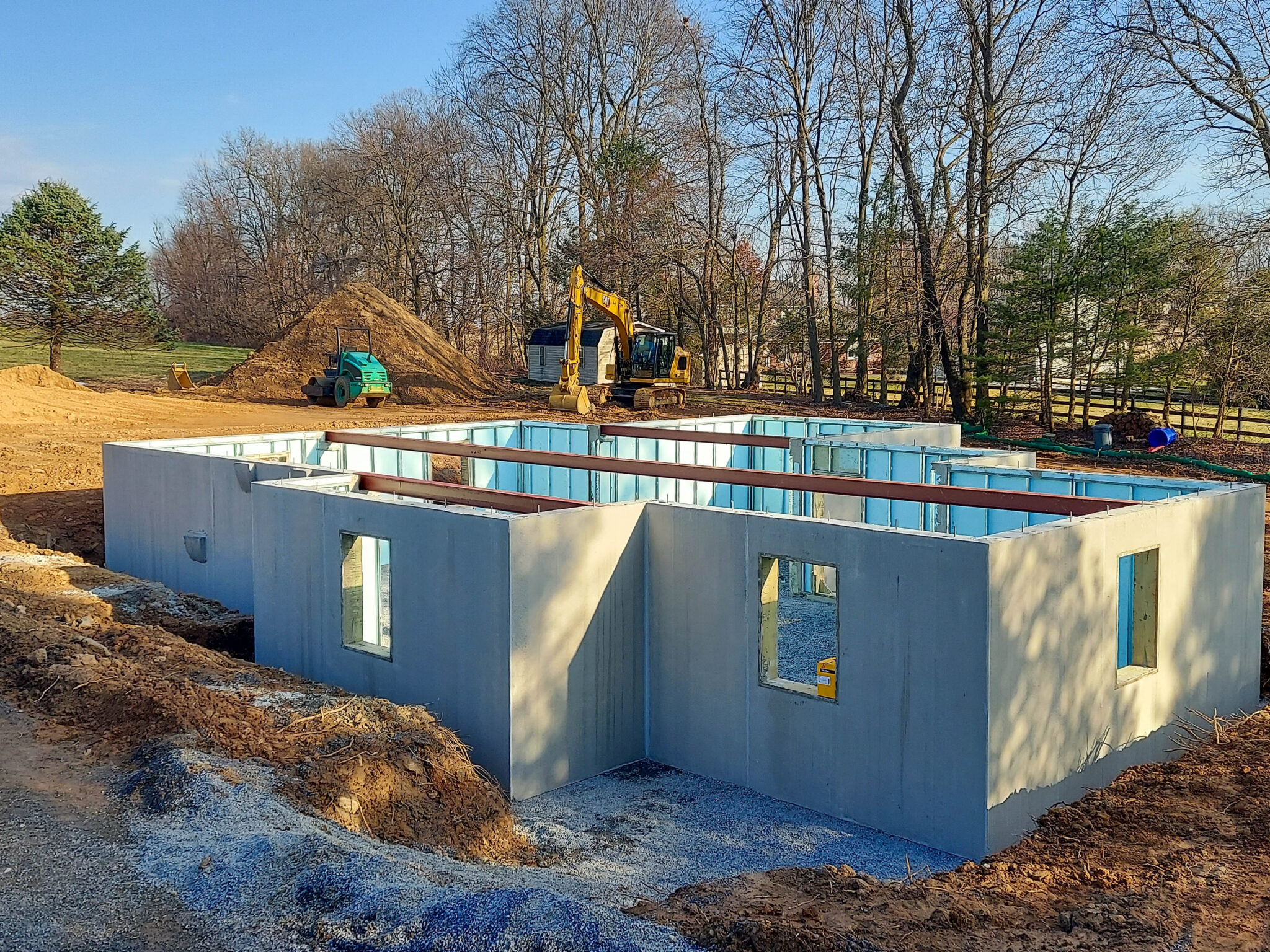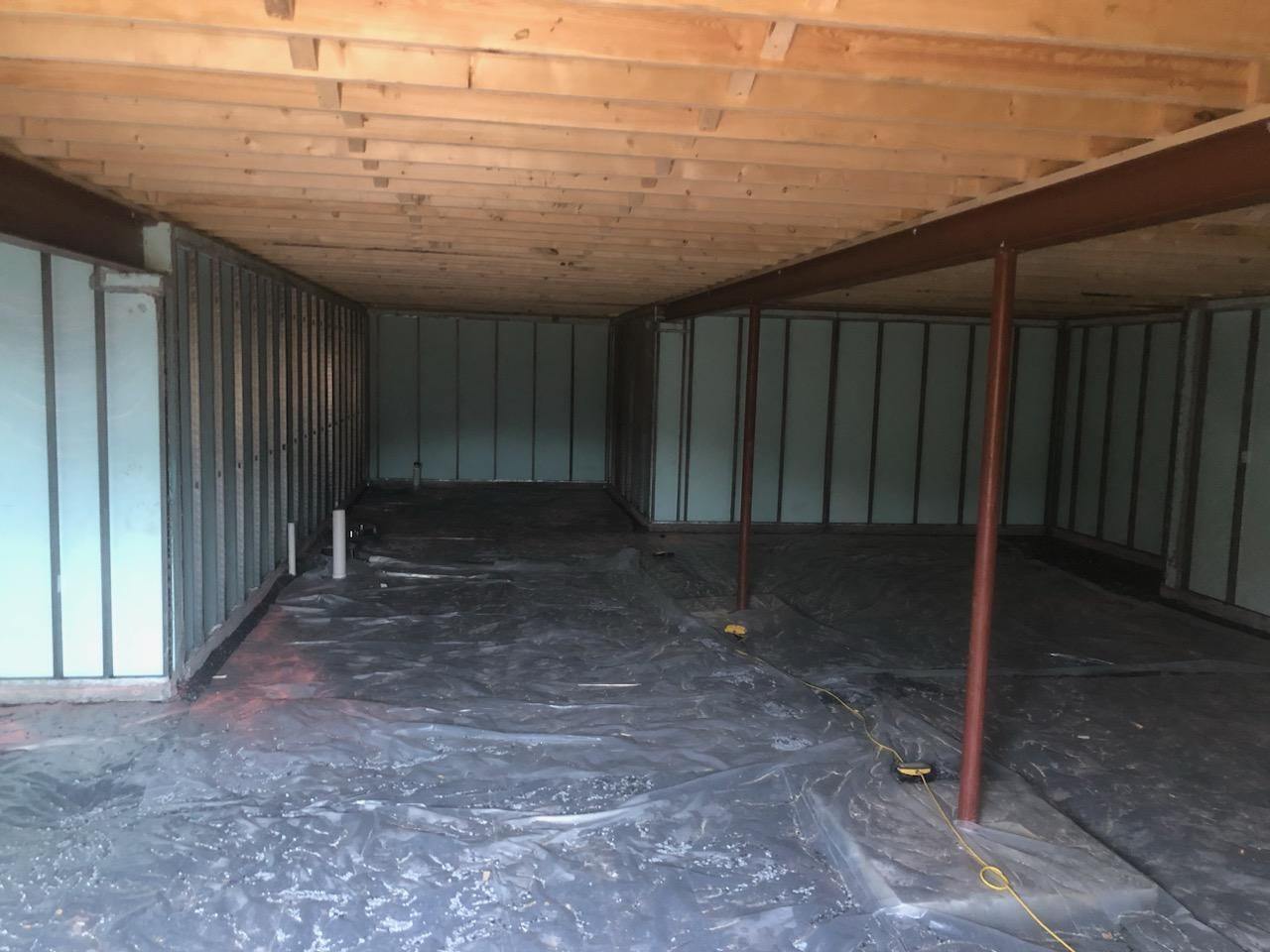When it comes to construction and landscaping, one of the fundamental elements that often goes unnoticed but plays a crucial role in the overall aesthetic and functionality of a space is concrete flatwork. Whether it’s a sidewalk, driveway, patio, or any other surface designed for walking or vehicles, concrete flatwork forms the foundation of many outdoor areas. In this blog post, we’ll delve into what concrete flatwork is, its various applications, and explore the factors that influence its cost.
Concrete flatwork refers to any horizontal or flat surface made from poured concrete. It encompasses a wide range of structures and features that are part of the built environment. These surfaces are typically designed for walking, driving, or providing a base for outdoor structures. Concrete flatwork can be found in various settings, from residential properties to commercial spaces, and it serves both functional and aesthetic purposes.
It includes a wide range of structures and features, such as:
- Sidewalks: Walkways alongside streets or pathways within properties.
- Driveways: The entrance and approach area for vehicles into a property.
- Patios: Outdoor recreational spaces for leisure and entertainment.
- Porches: Covered platforms often attached to the front of a house.
- Pool Decks: Areas around swimming pools designed for sunbathing and relaxation.
- Courtyards: Enclosed outdoor spaces within a building or property.
- Steps: Stairs connecting different levels of a property.
- Basement Floors: The ground level inside a building’s basement.
- Garage Floors: The surface on which vehicles are parked in a garage.
Concrete flatwork is favored for these applications due to its durability, strength, and versatility. It can be finished in various ways to achieve different textures and appearances, ranging from smooth and polished to textured and decorative.
The Process of Concrete Flatwork
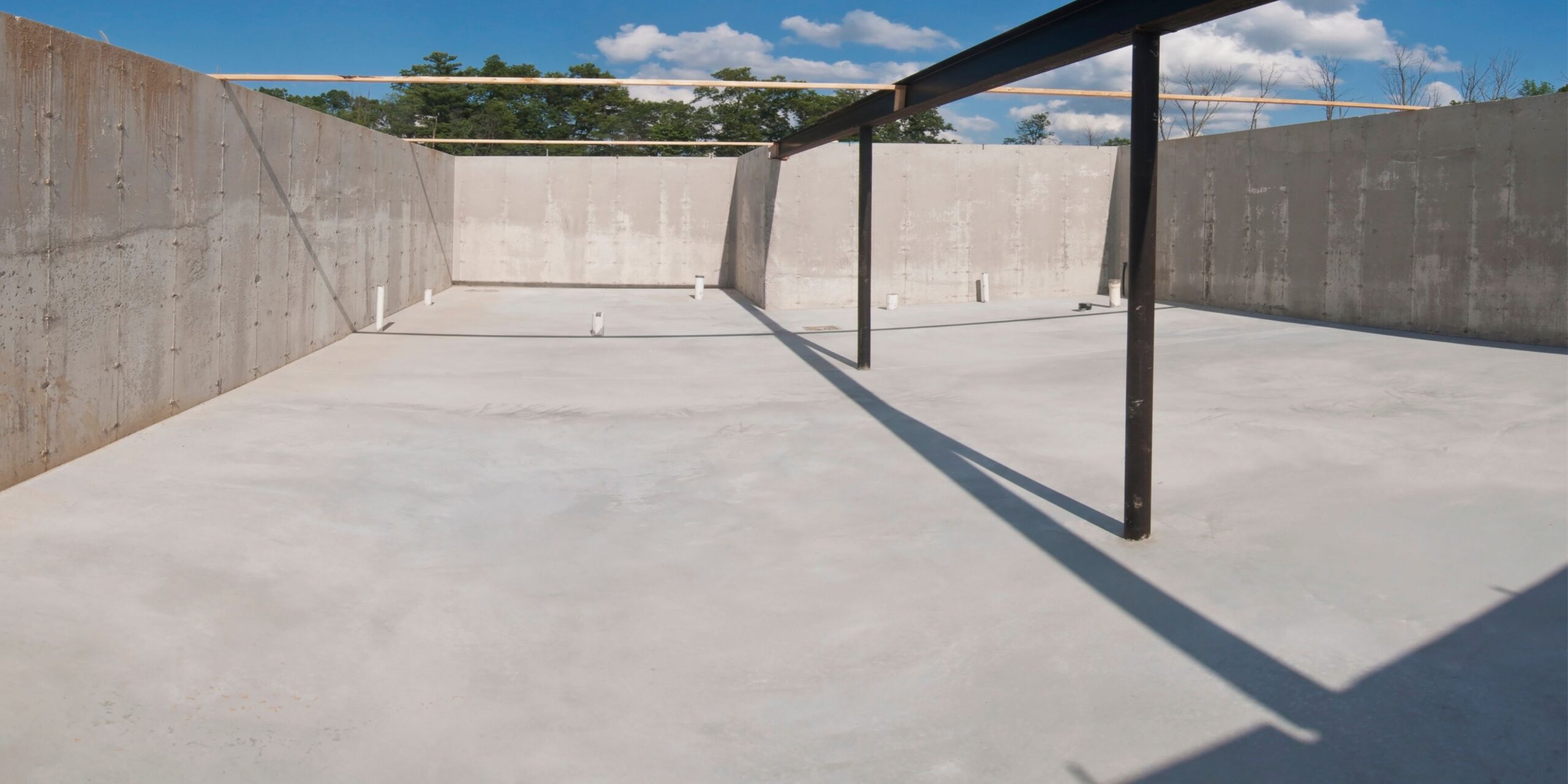
The construction of concrete flatwork involves several steps, including:
- Site Preparation: This involves grading the area to ensure proper drainage and creating a stable base for the concrete.
- Formwork: Wooden or metal frames, known as formwork, are set up to define the shape and size of the concrete structure.
- Reinforcement: Depending on the load-bearing requirements, reinforcement bars (rebar) or wire mesh may be placed within the formwork to add strength to the concrete.
- Pouring: Concrete is mixed according to the specifications and poured into the formwork.
- Leveling and Finishing: The surface is leveled using tools like screeds and floats. Finishing techniques like troweling or stamping are applied to achieve the desired texture and appearance.
- Curing: To ensure proper strength development, the freshly poured concrete needs to be cured for a specific period, often by keeping it moist or covering it with a curing compound.
- Sealing: Depending on the application and design, a sealant may be applied to protect the concrete from weathering, staining, and wear.
How Much Does Concrete Flatwork Cost?
The cost of concrete flatwork can vary widely depending on several factors. Let’s dig into these different factors that play a significant role into the cost of concrete flatwork:
- Project Size: The larger the area to be covered, the more materials and labor will be required, which can drive up the overall cost.
- Site Preparation: If the site requires extensive grading, excavation, or clearing, it will contribute to the total cost.
- Concrete Quality: The type and quality of concrete used will impact the cost. High-strength or decorative concrete mixes may cost more than standard mixes.
- Labor Costs: Labor is a major component of the cost. Highly skilled labor may command higher wages, especially if intricate finishing or decorative techniques are involved.
- Complexity of Design: If your project involves intricate patterns, textures, or custom designs, it will require more labor and expertise, leading to increased costs.
- Access and Location: If the construction site is difficult to access or located in a remote area, transportation costs for materials and equipment may be higher.
- Permits and Regulations: Depending on your location, you might need permits and adhere to specific regulations, which can add to the overall cost.
- Additional Features: Extras like steps, decorative borders, staining, or stamping will increase the cost.
Cost Breakdown for Different Concrete Flatwork Applications
Let’s explore the estimated costs for some common concrete flatwork applications. Remember, these might differ depending on the contractor you decide to hire:
- Sidewalks: The cost for sidewalks typically ranges from $5 to $10 per square foot. Factors like terrain, accessibility, and decorative elements can influence the final cost.
- Driveways: Basic concrete driveways can cost around $6 to $12 per square foot. If you opt for decorative elements or staining, the cost can rise to $15 or more per square foot.
- Patios: For a basic concrete patio, expect to pay between $8 and $15 per square foot. Intricate patterns, stamped designs, or added colors can increase the cost to $20 or more per square foot.
- Pool Decks: Pool deck costs vary widely based on factors like size, complexity of design, and chosen materials. A basic concrete pool deck might start at $7 per square foot, while decorative options can range from $10 to $25 per square foot.
- Steps: Basic concrete steps might cost around $300 to $500 per step, including labor and materials. Complex designs or additional features like handrails can increase the cost.
- Garage Floors: The cost of a concrete garage floor can range from $6 to $10 per square foot. Additional treatments like epoxy coatings or stains can increase the cost further.
Now that you have an idea of the costs for the different applications of concrete flatwork, lets look into some tips for managing the costs of a concrete flatwork project.
Tips for Managing Concrete Flatwork Costs
While concrete flatwork costs can add up, there are strategies you can employ to manage expenses without compromising on quality:
- Plan Ahead: Proper planning can help you avoid changes or additions that can increase costs during construction.
- Get Multiple Quotes: Obtain quotes from different contractors and compare their pricing and services.
- Choose Wisely: Opt for concrete finishes and designs that suit your budget while still achieving the desired aesthetics.
- Consider Long-Term Savings: Investing a bit more in high-quality materials and expert craftsmanship can lead to lower maintenance and repair costs in the long run.
- Group Projects: If you have multiple concrete flatwork projects, consider completing them together to potentially reduce labor and transportation costs.
- Regular Maintenance: Proper maintenance, such as sealing and cleaning, can extend the lifespan of your concrete flatwork and save you money on repairs.
Getting Started on Your Concrete Flatwork Project
Concrete flatwork serves as the foundation of many outdoor spaces, providing functional and visually appealing surfaces for various purposes. Understanding the process, factors influencing costs, and estimated expenses for different applications can help you make informed decisions for your construction and landscaping projects. By considering your budget, design preferences, and long-term goals, you can create stunning and durable concrete flatwork that enhances the beauty and value of your property.

